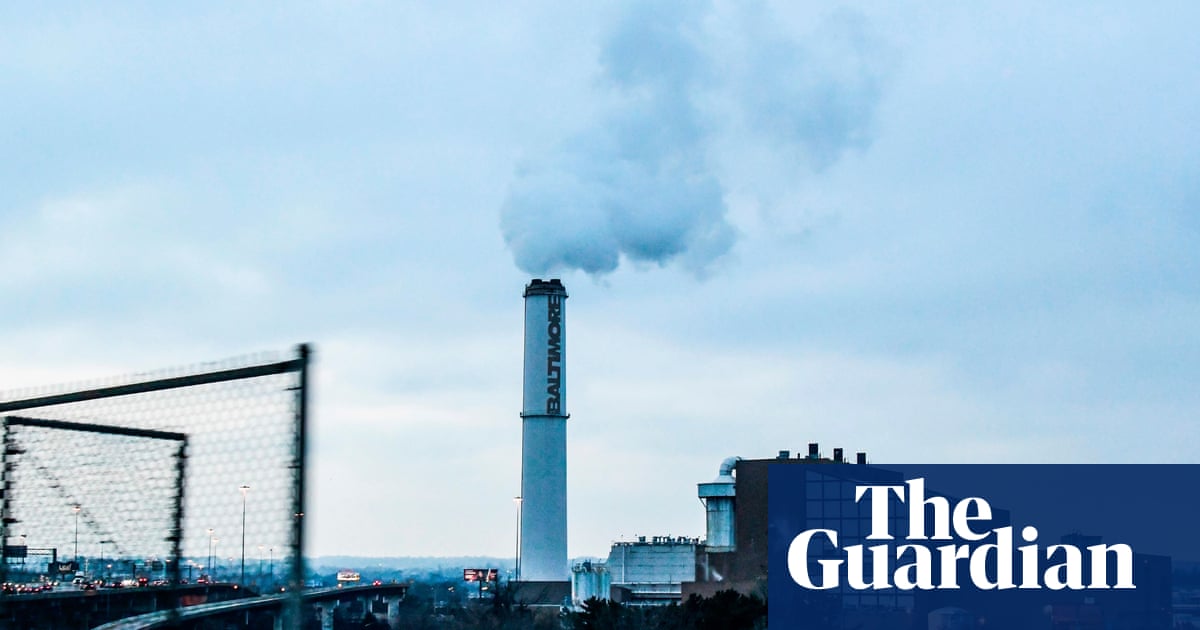Two million people in Myanmar’s Rakhine state could face starvation within months because fierce conflict and trade blockades have led to a “total economic collapse” and the imminent risk of famine, a senior UN official has warned.
Rakhine state, which borders Bangladesh in the west, is on the brink of disaster, as people’s incomes crater, rice cultivation plummets, and military-imposed trade restrictions lead to severe food shortages and hyperinflation, according to forthcoming research from the United Nations Development Programme (UNDP), which accuses the military of inflicting “collective punishment” on civilians.
Some people have resorted to eating rice bran, normally used as animal feed, to stave off hunger.
Kanni Wignaraja, UN assistant secretary general and regional director for the UNDP told the Guardian the situation was unprecedented in Myanmar. “We’ve not seen this [before] – such a total … economic collapse.

“If this projects into 2025, which seems very likely, then you’re going to see close to 2 million people at starvation point,” she said. “A lot of the households we surveyed are cutting rations now to a single meal a day – some even less.”
There has also been increased borrowing, she said, though even money lenders have little to loan.
UNDP’s research suggests that more than half of households in Rakhine, about 1.4 million people, will have seen their monthly income plunge from 66,600 kyat ($31.70) to about 46,620 kyat ($22.21) after the escalation in fighting late last year. This is barely enough to cover the cost of rice, without even factoring in other food items or expenses related to their rent or shelter, transport or health needs.
Food prices soar ten-fold
Myanmar has been gripped by a spiralling conflict and economic crisis since the military seized power in February 2021. The coup was met with determined resistance from the public, and many took up arms to fight for the return of democracy. Older, ethnic armed groups that have long sought greater autonomy have also fought against the junta, sometimes in coordination with newer groups.
The conflict in Rakhine state, on Myanmar’s border with Bangladesh, re-erupted late last year, and the state remains gripped by intense fighting between the military and the Arakan Army, an ethnic Rakhine group that wants an autonomous state.
The UNDP report said restrictions put in place by the military were “clearly aimed at isolating Rakhine from the rest of the country and exacting ‘collective punishment’ on an already vulnerable population”.
Junta chief Min Aung Hlaing has previously rejected the accusations, blaming instead the Arakan Army for “destroying the socio-economic life of residents, education and health sector”. The interior ministry has been contacted for further comment.
The situation is especially desperate for the 511,000 displaced people in Rakhine, including Rohingya, who rely on aid from humanitarian agencies and the community.
Access was “severely limited” for aid agencies, Wignaraja said, hampered by military-imposed bureaucratic hurdles, such as requirements for special permits, as well as the intensity of the conflict.
Basic health programmes such as immunisation campaigns have stopped, HIV patients cannot access antiretroviral medicines.
In July, more than three dozen children were confirmed to have died during a diarrhoea outbreak, according to the UNDP. The real number of deaths could be higher.
Even paracetamol is essentially unobtainable because it is so expensive. A single blister – a strip of 12 capsules - is sold at between 6,000 to 7,000 kyat ($2.86-3.33).
The conflict has brought the construction sector, a major source of employment, to a standstill, and driven hundreds of thousands of people from their homes.
At the same time, the cost of essential foods such as rice and cooking oil has skyrocketed nearly ten-fold in the worst-hit areas, according to UNDP.
It has predicted that only 97,000 tons of rice will be produced this year, enough to cover just 20% of the population’s needs. This is down from 282,000 tons last year, which even then met only 60% of the need.
The number of trade routes bringing supplies into Rakhine has fallen to two from 8-10 routes that existed prior to October 2023. Wignaraja said this fall was due to a mix of factors including military-imposed restrictions, the intensity of the conflict, the collapse in demand as incomes have disappeared and the growth in illegal economic activities.
‘This is much larger than a famine’
To avert the very worst scenario, UNDP has called for all restrictions to be lifted so commercial goods can flow in and out of Rakhine, including through Myanmar’s borders with India and Bangladesh, and for unimpeded access for aid workers. Funding was needed to urgently to allow operations to expand, UNDP’s report said.
However, Wignaraja said the crisis in Myanmar had reached a point where day to day relief work could not do more than “stave off hunger maybe till the next day”.
“This is also much larger than a famine. It’s a political disaster and a collapse,” she added. “It needs an all-out politically mediated settlement – which has to be the rest of the world coming together, [it] could be led by the immediate regional players and Asean [Association of Southeast Asian Nations], with the UN support.”
The lack of international attention given to Myanmar, she said, was “very, very troubling given the intensity of what’s going on”.
The number of Rohingya taking dangerous boat journeys to try to reach Indonesia last month rose sharply compared with the same period last year. At least 395 Rohingya refugees, including 173 children, arrived in Indonesia by boat in October, compared with 49 recorded in the same month in 2023, according to UN figures cited by Save the Children.
Wignaraja said the situation for Rohingya in Rakhine state was “absolutely desperate”. “Everything that the general population faces, you can extend that 10 times or more to the Rohingya population,” she said.
“When people are desperate, they’re going to try everything,” said Wignaraja. “Once you put your children on a boat you know you have lost all other hope,” she said.

.png) 2 months ago
14
2 months ago
14













































